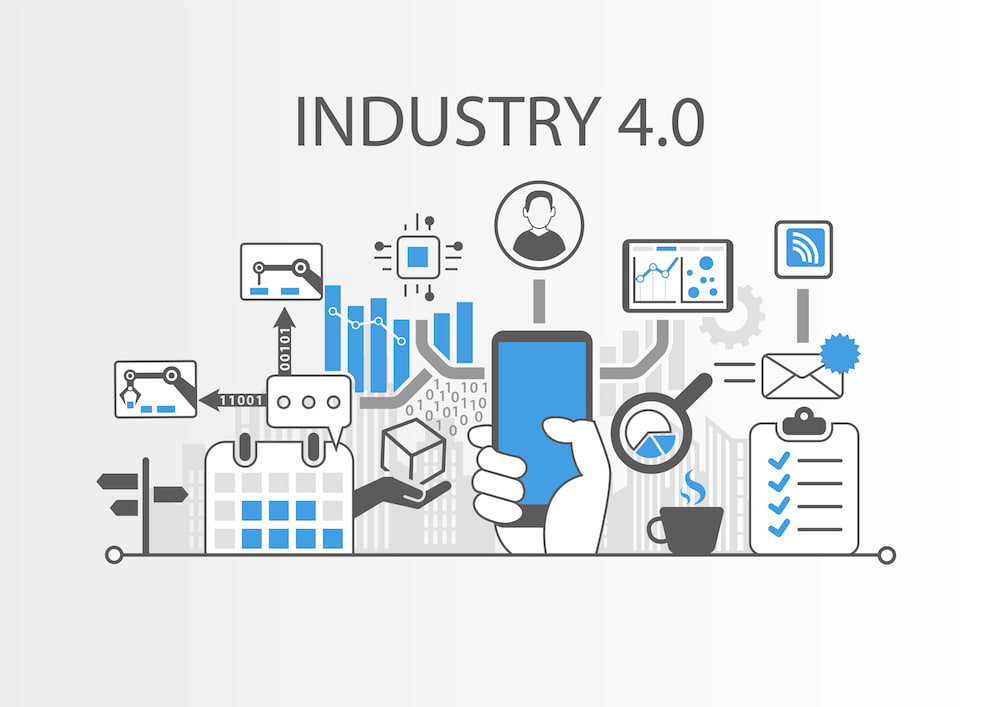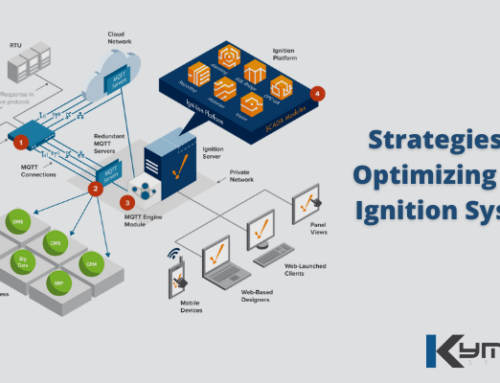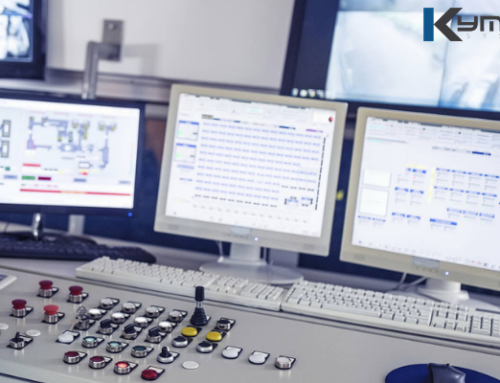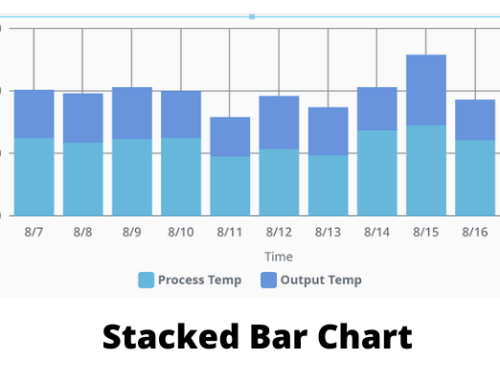It is generally believed that by 2030, the IIoT industry could witness a staggering increase of around $7 trillion in its revenue. Various global superpowers are developing national strategies for such technological advancements in diverse industries. There are several such businesses that are believed to be at the verge of a large-scale IIoT disruption, six of which are:
Agriculture
With world population believed to cross the 10 billion mark by 2100, it is imperative for the agricultural industry to be made more sustainable and productive. IIoT is being explored for integration into the agricultural industry, which will allow vendors in collaborating more effectively to develop better crop yields while decreasing costs.
The suggested system includes airborne imagery and sensor technology that will offer a real-time 360-degree vision of crops. The facility of examining crop data in real time will aid in taking needed corrective actions simultaneously.
Manufacturing
The basic concept of all IIoT plans is manifesting the ‘smart’ initiatives. With IIoT, the sector will see a dramatic rise in results and production efficiency with improved logistical services. The technology will also equip the industry with advanced machines and equipment that can avoid unanticipated circumstances automatically. IIoT will also enable real-time data observation. This means that every digital device in a plant will update the status of every other machine, allowing for an immediate solution.
Education
The basic motive of IIoT implementation in education is bringing students together in a connected classroom. These virtual classrooms will allow students to interact more effectively with teachers and texts. IIoT will aid in making learning a more widespread process that will not only be limited to a classroom but will be spread over newer aspects of learning.
Transportation
IIoT would also play a central role in streamlining the process moving of goods along different routes. IIoT would create a system that can observe and react to real-time changes thus increasing functional productivity and general safety. It will support in preventing defective mechanical parts, reducing downtime and discovering routes to improve energy efficiency.
Medicine
Governments around the world hope to incorporate IIoT into the medical sector for improving healthcare facilities. The new technology will assist in monitoring patient data more effectively. It will also help in tracking medical quality and treatment performance. IIoT, with its unique features, can greatly reduce the costs of medical care and increase compensation figures.
Energy
Smart grids and smart meters are considered to be next breakthrough in the energy sector. The IIoT applications will make power transmission safer and more efficient. It will also improve operational structures through remote advancements and extensive control. Smart energy is being developed to enhance the performance and safety standards of energy resources by using state of the art software and sensors.
Summary
The major agricultural advancements could create a more efficient supply chain while also maintaining higher quality of crops. The industrialized technology would also improve transportation operations across borders while providing a stronger medical setup. The most important impact will be seen in the Energy sector that is currently the biggest challenge for global powers. With the smart technology, we could embark on our way to greener and environment-friendly power resources.
Resultantly, IIoT applications will thrust the world towards a large GDP expansion and a more industrious business zone.





